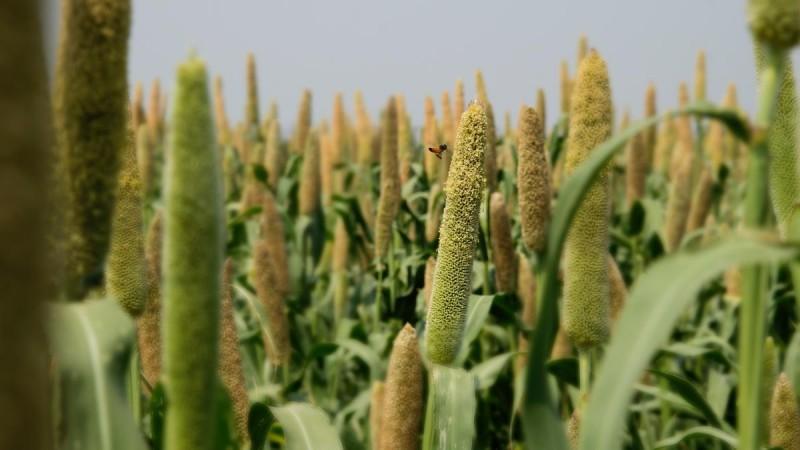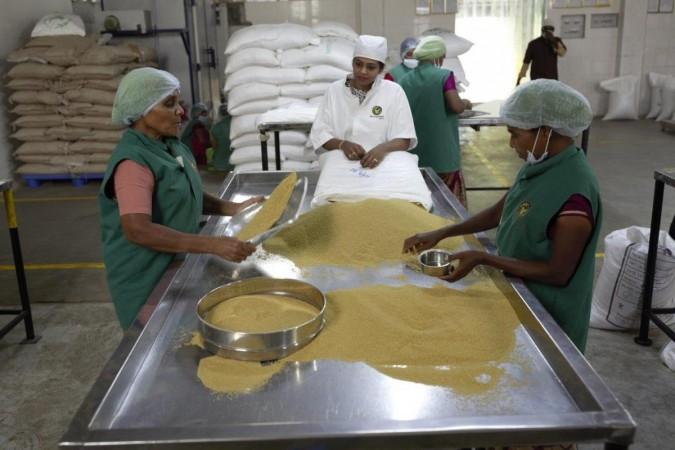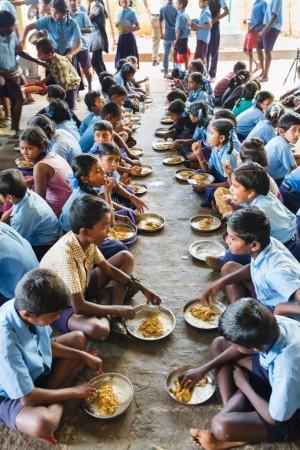The International Crops Research Institute for the Semi-Arid Tropics (ICRISAT) has released its recent pan-India survey report of millet entrepreneurs that highlights some key areas for government intervention vis-à-vis Small and Medium Enterprises in the Indian millets industry in present time and post COVID-19 lockdowns.
The ICRISAT with its headquarters in Hyderabad, works as a not-for-profit international agriculture research organization. ICRISAT works across sub-Saharan Africa and Asia with a wide array of partners. The semi-arid tropics or drylands cover 6.5 million square kilometers in 55 countries and are home to over two billion people.

Challenges due to lockdown
Among the other things, the survey shows a few challenges that are being experienced during the nation-wide lockdown but would persist even after these crisis days.
Through the survey, ICRISAT points to the need for support from the government through economic stimulus, GST exemption along with the other forms of such services during and post lockdown.
For the survey, responses from SMEs in 11 cities having business operations in 24 states and Union Territories was collected as part of the Smart Food initiative, founded by the International Crops Research Institute for the Semi-Arid Tropics (ICRISAT). The results are being discussed with the Confederation of Indian Industry (CII), which is working to address challenges faced by the industry.
According to the survey reports, nearly 80% of the millet farmers have requested the government to promote and support healthy foods, including the millets through the similar programs launched for eggs and milk.
A few suggestions made for promoting millet and supporting millet enterprises were inclusion of millet in the mid-day meal schemes and allow Small and Medium Enterprises (SMEs) to play a role in providing the food for mid-day meals and to poor sections of the community.

About 70% of the companies expressed the need for ensuring the economic stimulus includes entrepreneurs and exempting SMEs from Goods and Services Tax (GST). An additional suggestion to support healthy and sustainable foods was "exempt [from GST] all millet based products if millet content more than say 40%".
Another priority request by the farmers was to help provide more online selling options. Though nearly half the respondents said they had fewer channels to sell through during the lockdown, the survey clearly showed that the SMEs would vest faith in e-commerce after lockdown. Over 50% of the respondents sought more options for online sale while 66% said they will explore new online channels post lockdown. The biggest challenge identified during lockdown was supply chain and logistics related issues, which are consistent across all industries.
But surprisingly, even post-lockdown about 80% of the entrepreneurs expected supply chain logistics continuing to be the biggest challenge.
Close to this was the challenge of availability of funds/working capital. Priority identified for the government to help, after promotion and support of healthy food, were both to simplify/assist the process of obtaining permission to operate and allowing more transportation (prioritized by over 60% of companies).
"Post COVID, millet as a healthy alternative option will grow in demand. Also, millet does not consume fresh water to the extent rice does, making its cultivation a sustainable food alternative," said Mr P Ravichandran, Chairman of the Agriculture and Food Processing Sub-Committee, CII Southern Region.

The CII or the Confederation of Indian Industry is a non-government, not-for-profit, industry-led and industry-managed organization, playing a proactive role in India's development process. CII with 68 offices, works to create and sustain an environment conducive to the development of India, partnering industry, government and civil society through advisory and consultative processes.
The Smart Food Initiative on the other hand is a global initiative to bring foods that fulfil all criteria of being good for you, the planet and the farmer into the mainstream.















